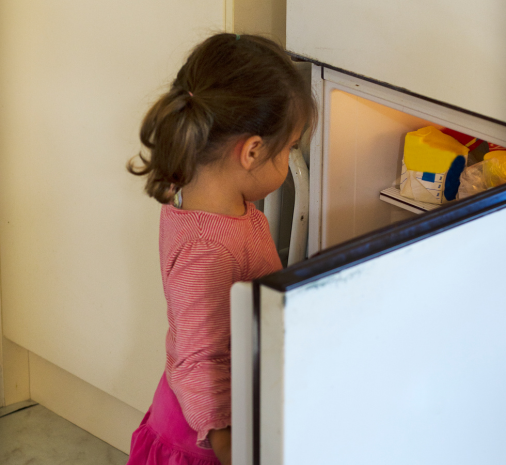Over the next three years, the Children’s Rights Alliance will:
- Build a 2-3 person dedicated team to work on child poverty/social exclusion and improved outcomes across the lifecycle for children and young people.
- Establish a Child Poverty Members Steering Group with key influential leaders from the sector to guide and provide direction to the Children’s Rights Alliance child poverty/social exclusion work.
- Ensure the next National Policy Framework on Children and Young People contains a specific focus on child poverty.
- Publish an annual Child Poverty Monitor to shine a spotlight on the key areas where children and young people continue to experience poverty including in accessing education, healthcare.
- Run an End Child Poverty Week in the run up to the Annual Budget to put a national focus on child poverty.
- Work to ensure that the Government implements an appropriate reception/accommodation response for Ukrainian refugees with a special focus on child protection/trafficking concerns and education.
- Work to ensure that the recommendations in the White Paper on Ending Direct Provision continue to be implemented.
- Commission/participate in strategic pieces of research to document the extent and nature of inequality and exclusion of certain groups of vulnerable children and young people.
- Participate in pilot projects to highlight and address inequalities.
Impacts
- The new National Policy Framework on Children and Young People (BOBF) will contain a specific focus on child poverty and included a suite of actions, including the establishment of a Child Poverty Reduction Implementation Unit, local child poverty plans and a specific target for early intervention and prevention/family support programmes.
- Early intervention and prevention are core principles embedded in the next BOBF and key universal services are rolled out (for example, public health nurses for children).
- Childcare is nearly free for families on low incomes and the State begins planning childcare to be available alongside education/training options.
- The Government rolls out the National Childcare Action Plan with key regulatory measures and education requirements for childminders.
- A new scheme with high level wraparounds (DEIS early years type programme) is introduced.
- Free schoolbooks are introduced in primary school settings.
- Every child is guaranteed a hot meal in their early years’ setting.
- Qualified Child Increase (welfare payment) for children increases by 10%.
- There are increased investments in play, extracurricular activities and play/recreation infrastructure.
- The next Programme for Government adopts a key focus on child poverty, prevention and early intervention and commits to establishing a public early years’ childcare system.
- Ensure that the reception system for refugees complies with human rights standards and all families with children live in own-door accommodation in the community.
- Ensure that parents in Direct Provision can access the Child Benefit type payment for each of their children.

